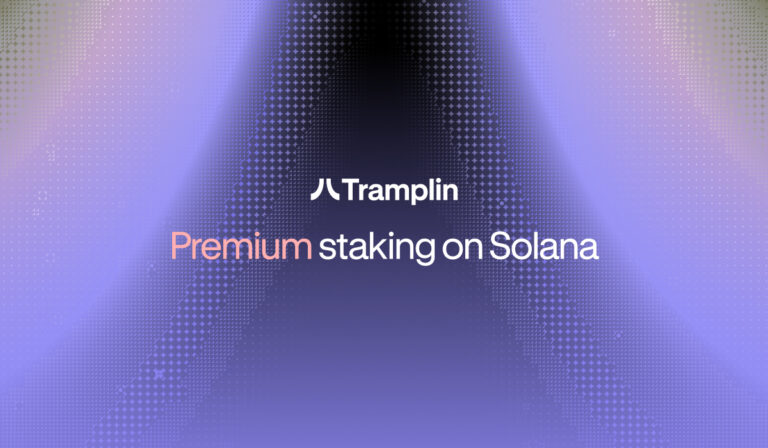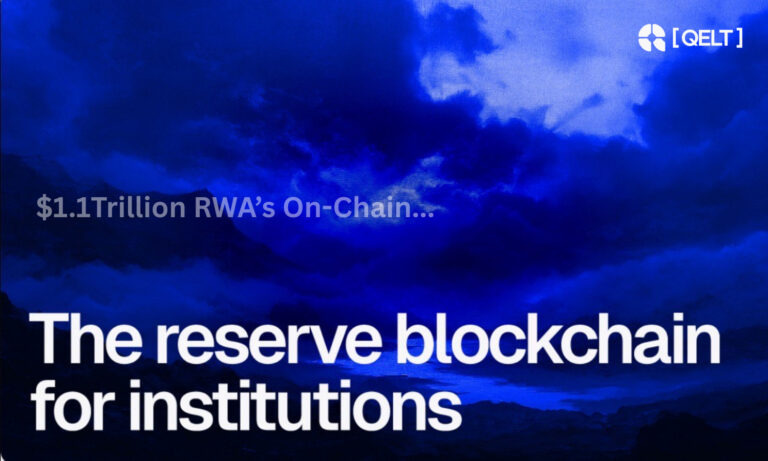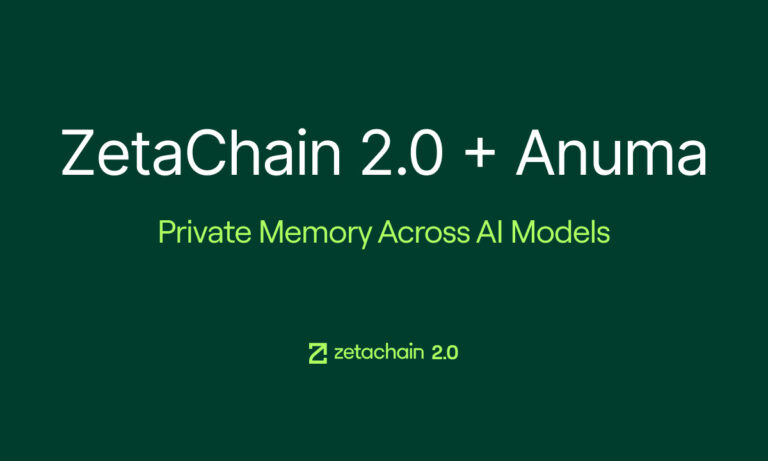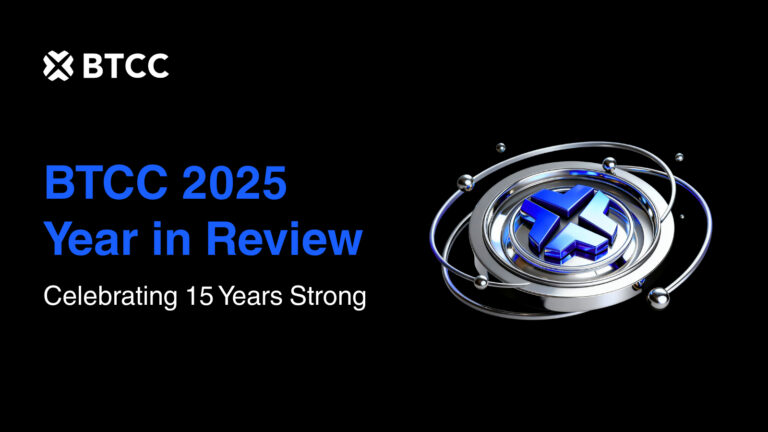Informationen zum Land
Weitere Informationen
Website
Extra Links
Soziale Medien & Nachrichten
Rangliste
Blockchain-Übersicht
Kategorie:
| Name | Kategorie |
|---|
Häufig gestellte Fragen
Description
Disclaimer: The regulatory information provided below is for general informational purposes only and may not reflect the most current legal developments. Cryptocurrency regulations are rapidly evolving and can change frequently. This information should not be considered legal or tax advice. Before making any business or investment decisions, please consult with qualified legal, tax, or financial professionals familiar with your specific jurisdiction and circumstances. Always verify current regulations with official government sources and regulatory bodies.
Legal Classification & Regulatory Framework
Cryptocurrency Status
Algeria maintains a comprehensive prohibition on cryptocurrencies and virtual assets. The country’s finance legislation expressly outlaws the purchase, sale, use, and holding of virtual currencies. Subsequent legal updates have broadened this stance from a simple prohibition to an explicit criminalization that extends to all crypto-related activities, including mining, promotion, and the operation of exchange or wallet platforms. In practical terms, this means Bitcoin, stablecoins, and other digital assets are not recognized as lawful instruments for payment, investment, or savings. There is no regulatory category treating crypto as a financial instrument, commodity, or security for supervised use. The overarching rationale is tied to anti-money-laundering and counter-terrorism financing concerns, foreign-exchange control, and consumer protection.
Tax Treatment
Because virtual asset activity is prohibited, Algeria does not provide a dedicated tax framework for gains, losses, or income derived from crypto. As a result, there are no specific rules for cost basis, capital gains, staking rewards, or mining income under a compliant domestic crypto regime. Where Algerian tax rules could still be relevant is in cross-border contexts—e.g., an Algerian tax resident realizing foreign-sourced income or gains from assets held and disposed of outside Algeria under another jurisdiction’s laws. Even then, the core issue is legal permissibility: if the underlying activity contravenes Algerian law, taxpayers and advisers face a conflict between general income principles and the prohibition. In short, there is no sanctioned path to declare or regularize crypto-related income domestically, and taxpayers should seek professional advice about any foreign-source implications, double-tax considerations, and reporting obligations unrelated to crypto.
Regulatory Oversight
There is no licensing or supervisory framework for crypto service providers in Algeria. The central bank and other state bodies focus on enforcing the prohibition, monitoring financial flows, and safeguarding foreign-exchange controls. Financial institutions are expected to prevent crypto-linked activity in line with national AML/CFT policy. Public communications from authorities emphasize the legal risks of engaging with virtual assets and warn against using unregulated platforms, including those accessed via VPNs. Where unlawful activity is detected, penalties may include fines and custodial sentences, subject to the most recent legal instruments in force.
Business Environment
Banking Relationships
Domestic banks do not support crypto transactions. Account holders cannot lawfully convert dinars to crypto, fund exchange accounts, or receive proceeds from the disposal of digital assets. Payment cards issued in Algeria are not meant to be used for crypto purchases, whether onshore or through foreign platforms. Banks and payment entities implement controls to detect and block suspected virtual-asset flows, reflecting both the legal ban and obligations under AML/CFT frameworks. These constraints significantly limit any compliant interaction between the formal financial system and the global crypto ecosystem.
Licensing Requirements
There are no lawful licenses for exchanges, custodians, wallet providers, mining farms, or brokers. Applications for such activities will not be entertained because the underlying activity is illegal. Foreign crypto businesses cannot lawfully operate in Algeria or market to Algerian residents. Entities that attempt to provide crypto services—onshore or remotely into Algeria—risk enforcement action. Individuals who act as intermediaries (e.g., informal P2P brokers) likewise face legal exposure.
Innovation Support
Algeria pursues digital modernization and payments reform within the confines of its existing monetary and financial policy goals. However, the national approach draws a clear line between digitalization of financial services (e.g., electronic payments, interbank infrastructure upgrades) and decentralized cryptoassets. There is no government sandbox for cryptocurrency, and no public program promoting tokenization, mining, or decentralized finance. Public entities may explore controlled digital solutions that do not involve prohibited virtual assets—such as improvements to retail payments, cross-border settlement initiatives with partner networks, or fintech tools operating under existing financial law. Any blockchain-style pilots would need to avoid the issuance, trading, or custody of virtual assets as defined by Algerian law.
Market Characteristics
Adoption Patterns
Consumer and institutional adoption of cryptocurrencies is very limited due to the legal status. Where interest exists, it tends to be informal, transient, or routed through foreign platforms—behaviors that carry legal risk. Retail acceptance of crypto as a means of payment is not permitted, and merchants cannot lawfully advertise or receive crypto. Financial institutions, corporates, and public bodies do not integrate crypto into treasury, payments, or investment workflows. Educational and media content about crypto also faces scrutiny when it veers into promotion or facilitation of prohibited activity.
Industry Focus
Because every major facet of the crypto value chain is prohibited, there is no recognized domestic crypto industry. Technology talent and entrepreneurial energy that might otherwise flow into exchanges, custody, mining, market-making, or on-chain application development instead gravitates toward compliant areas: conventional fintech, software outsourcing, cybersecurity, data services, or web/mobile product development unrelated to virtual assets. Cross-border B2B work may occur where Algerian firms deliver software or infrastructure components to foreign clients, but such contracts must avoid handling, issuing, or enabling transactions in virtual assets.
Regulatory Evolution
The Algerian stance has progressed from an initial prohibition of use and holding toward an explicit criminalization of the broader crypto ecosystem. This evolution underscores priorities of financial stability, capital controls, AML/CFT, and consumer protection. Unlike some jurisdictions that have moved toward risk-based regulation or EU-style authorization regimes for crypto-asset service providers, Algeria has opted for a zero-tolerance model. Regional comparisons show divergent paths: several African and Middle Eastern countries have explored licensing, sandboxes, or limited use-cases; Algeria, by contrast, reinforces a comprehensive ban. Any future changes would require a formal legislative pivot and a complete re-design of supervisory arrangements. Until such reforms occur, the presumption remains that virtual-asset activities are illegal.
For Current Information:
Below are primary sources and official institutions relevant to Algeria’s position on virtual assets and financial regulation. Always confirm the most recent texts and notices.
- Journal Officiel de la République Algérienne (JORADP) – Finance Law 2018 (Article 117) and later legal texts: https://www.joradp.dz/
Direct PDF (2018 Finance Law – FR): F2017076.pdf
Direct PDF (Law no. 25-10, 2025 – FR): F2025048.pdf - Banque d’Algérie (central bank) – publications, AML/CFT risk syntheses, and policy communications: https://www.bank-of-algeria.dz/
- Ministère des Finances – fiscal and financial-sector policy: https://www.mf.gov.dz/
- Autorité de Régulation de la Poste et des Communications Électroniques (ARPCE) – digital services oversight (non-crypto): https://www.arpce.dz/
Landkarte
Krypto und Blockchain Artikel




Was ist die Markets in Crypto-Assets Regulation (MiCA)?
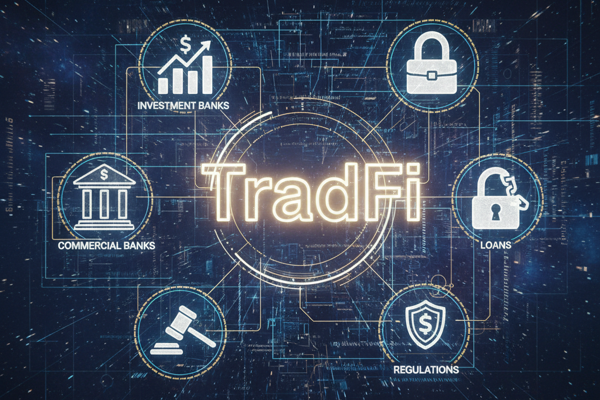
Was ist TradFi?












